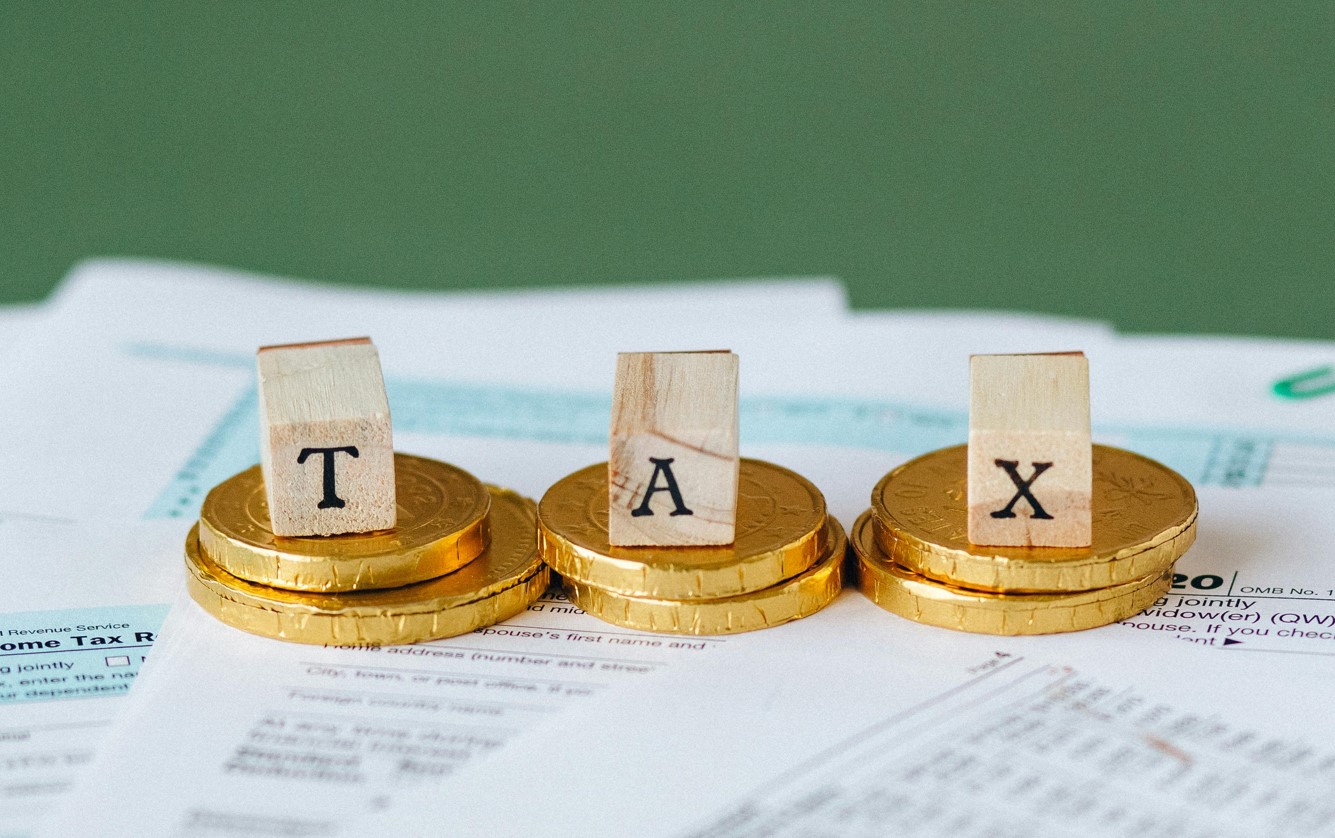South Sudan's Finance Minister Replaced Again: A Look at the Country's Shifting Economic Leadership

South Sudan's President Salva Kiir has once again reshuffled his cabinet, dismissing Finance Minister Agok Nyong Chol Gatluak. This marks the seventh change to the finance minister position since 2020, raising serious questions about the stability and consistency of economic policy in the war-torn nation. The announcement, delivered via state-owned radio, has sent ripples through the international community, which has been working with South Sudan to rebuild its economy after years of conflict.
The frequent turnover in key economic leadership positions has been a persistent challenge for South Sudan. Each new minister inherits a complex set of economic problems, including hyperinflation, crippling debt, and a reliance on oil revenues. The constant changes disrupt ongoing projects, hinder long-term planning, and erode investor confidence. While the reasons for Gatluak's dismissal remain officially undisclosed, speculation points to disagreements over economic strategies and potential corruption concerns.
A History of Instability: The Finance Minister Turnover
Since 2020, South Sudan has witnessed a revolving door for its finance minister. The positions have been held, and quickly vacated, by:
- Michael Makuei Lueth (2020)
- Athian Diing Athian (2020-2021)
- Benjamin Bol Mel (2021)
- Agak Achuil Gatluak (2021-2022)
- Deng Dau Madong (2022)
- Abraham Makuac Teny (2022-2023)
- Agok Nyong Chol Gatluak (2023-2024)
This rapid succession of ministers highlights a deep-seated instability within the government and a lack of consensus on how to address South Sudan's economic woes.
The Economic Challenges Facing South Sudan
South Sudan's economy is heavily dependent on oil, which accounts for over 90% of the country's exports. Fluctuations in global oil prices significantly impact the nation's revenue streams. Coupled with ongoing political instability, corruption, and a lack of infrastructure, South Sudan faces a formidable economic battle. Hyperinflation has decimated the value of the South Sudanese pound, making it difficult for ordinary citizens to afford basic goods and services.
Furthermore, the country's debt burden continues to grow, limiting its ability to invest in essential sectors such as healthcare and education. International partners have provided significant financial assistance, but the effectiveness of this aid has been hampered by governance challenges and a lack of transparency.
What's Next for South Sudan's Economy?
The appointment of a new finance minister will be crucial in stabilizing the economy and restoring investor confidence. However, a mere change in personnel is unlikely to solve the underlying structural problems. The government needs to prioritize good governance, transparency, and diversification of the economy beyond oil. Addressing corruption, improving infrastructure, and creating a conducive environment for private sector investment are essential steps towards sustainable economic development.
The international community must continue to provide support to South Sudan, but with a renewed focus on accountability and results. A stable and prosperous South Sudan is not only vital for the country's own citizens but also for the broader region. The latest finance minister change serves as a stark reminder of the challenges that lie ahead and the urgent need for concerted action.





